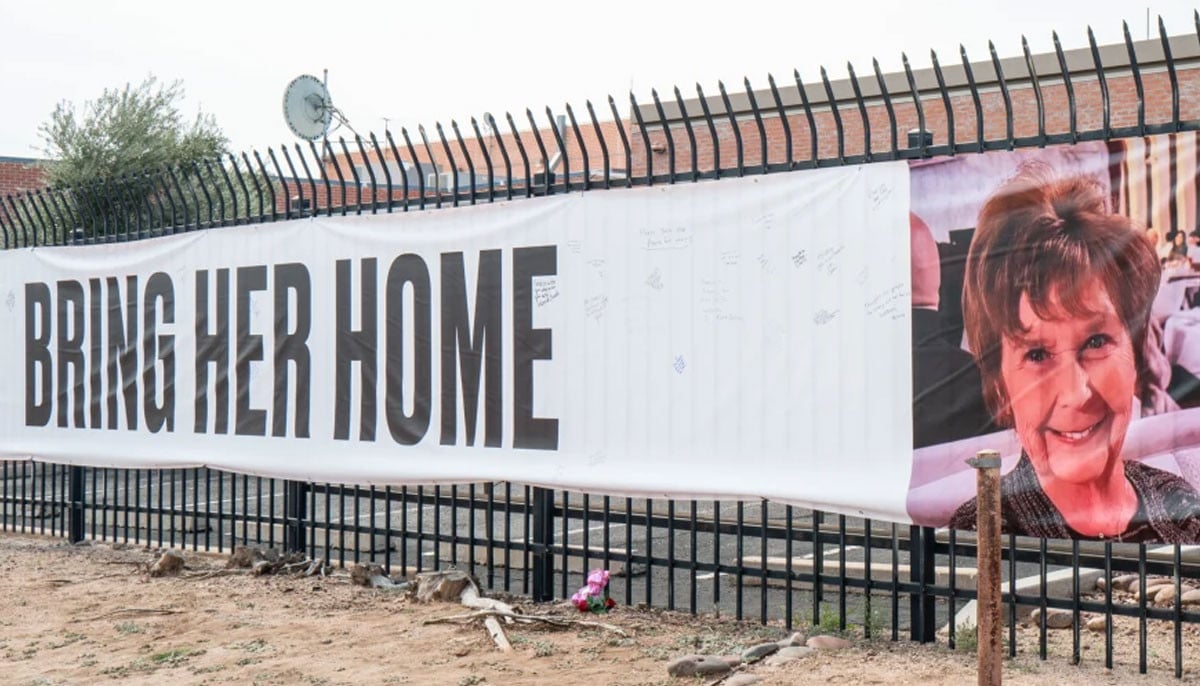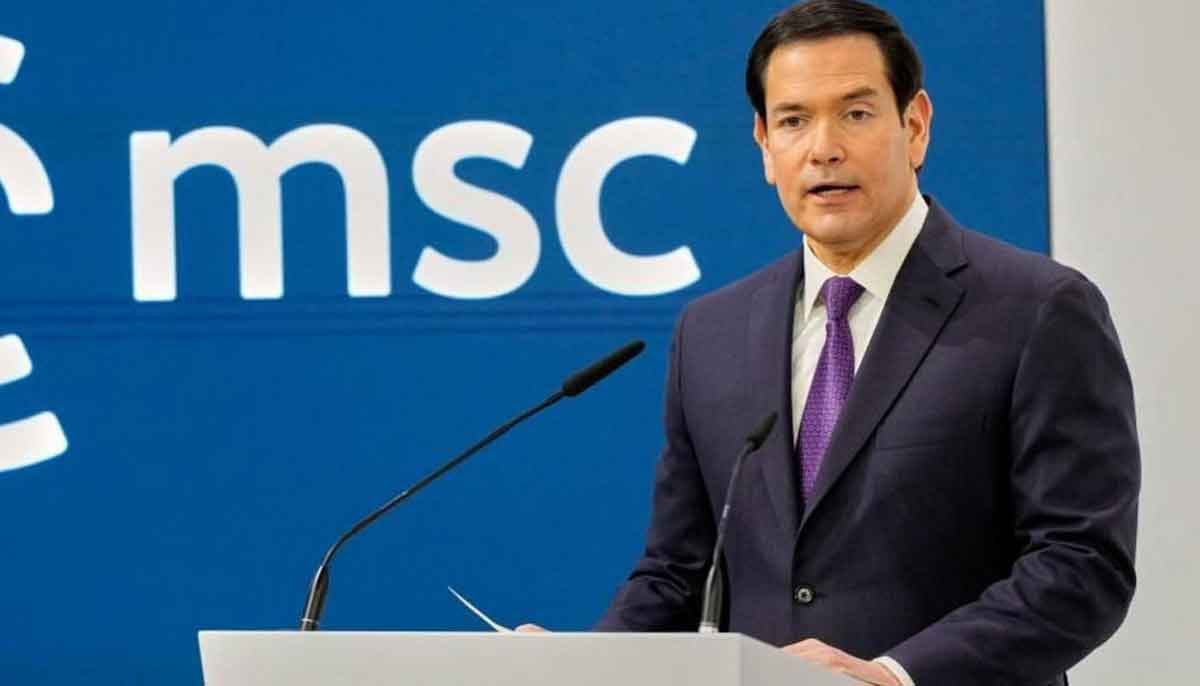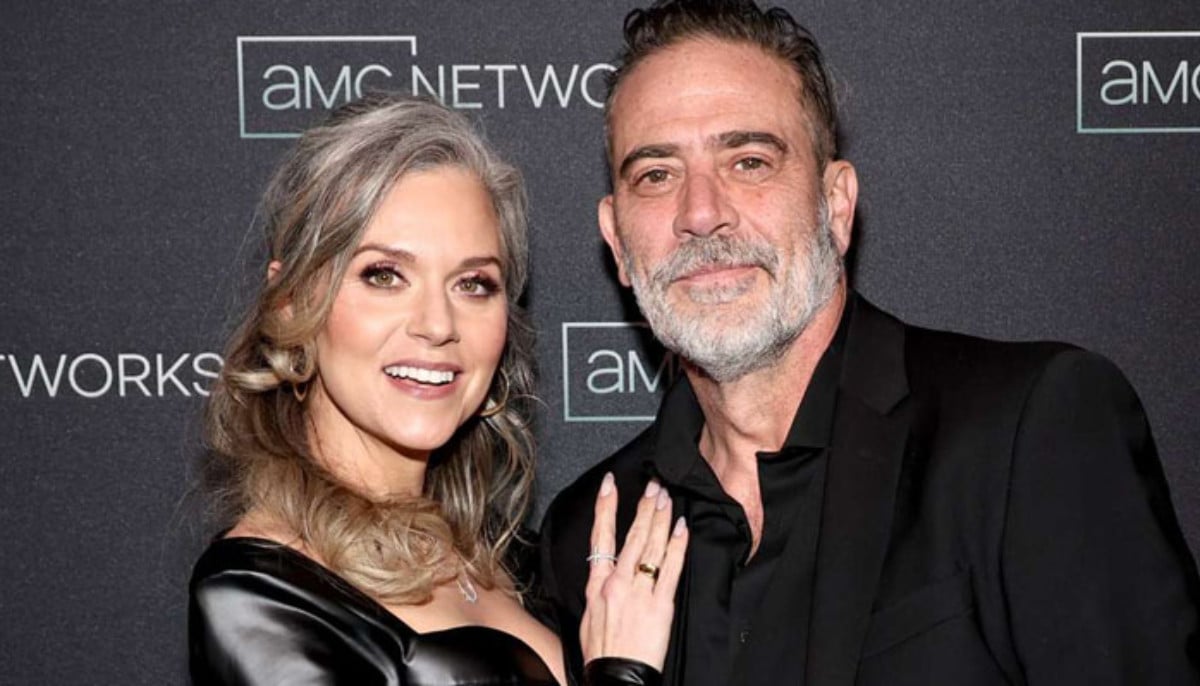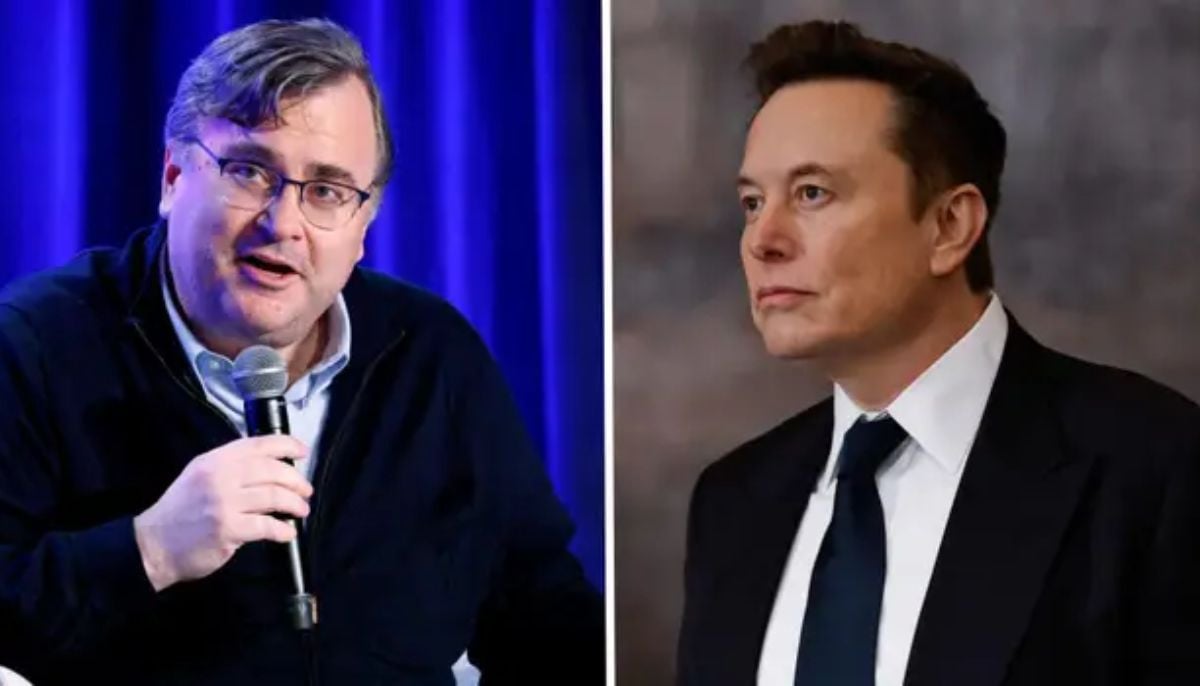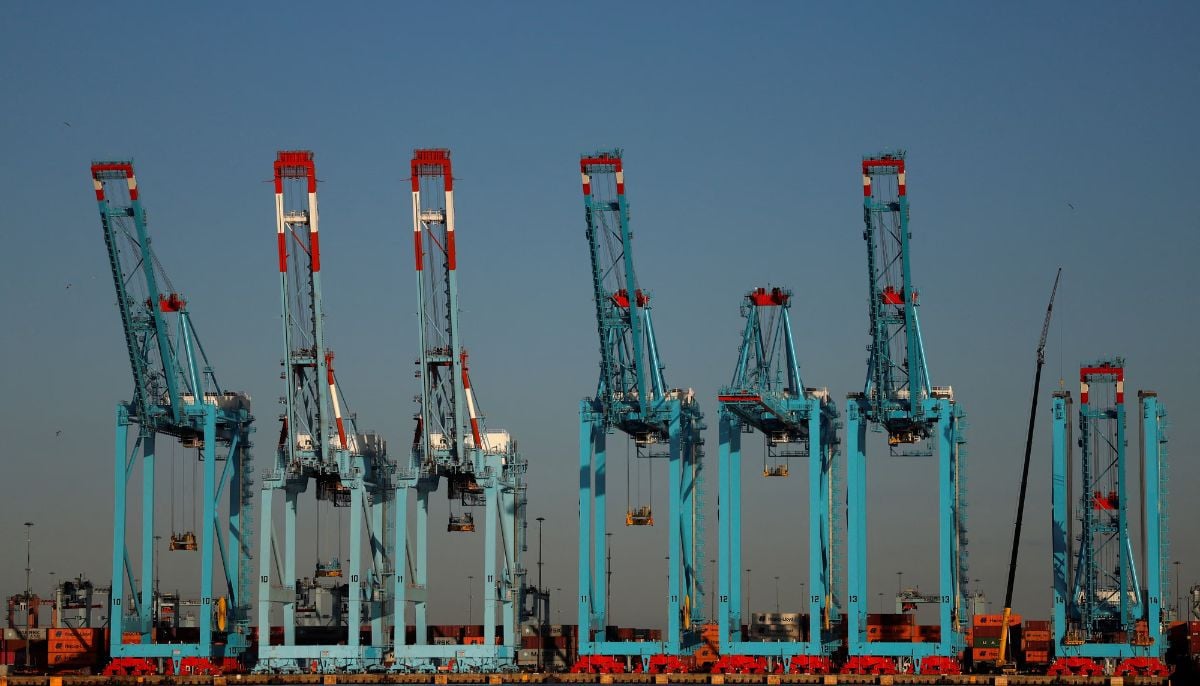Iran leader says fresh elections needed in Syria
TEHRAN: Iran’s supreme leader dismissed Sunday the chances of foreign countries bartering a deal over Syria´s future, suggesting they should focus on securing a halt to fighting that allows fresh elections.
Ayatollah Ali Khamenei also repeated his ban on direct talks with the United States about turmoil in the Middle East, saying US objectives in the region were utterly at odds
By AFP
November 01, 2015
TEHRAN: Iran’s supreme leader dismissed Sunday the chances of foreign countries bartering a deal over Syria´s future, suggesting they should focus on securing a halt to fighting that allows fresh elections.
Ayatollah Ali Khamenei also repeated his ban on direct talks with the United States about turmoil in the Middle East, saying US objectives in the region were utterly at odds with Iranian policy.
The comments, to Iran´s ambassadors and other top diplomats, were Khamenei´s first since his country joined international negotiations on the four-year Syrian conflict.
He said Syria´s people must choose who their leader would be, rather than the US and other foreign powers trying to decide for them.
"The Americans seek to impose their own interests, not solve problems. They want to impose 60, 70 percent of their will," he said, alluding to the peace talks which took place Friday in Vienna.
"So what´s the point of negotiations?" he said, insisting that military and financial support given to rebels fighting President Bashar al-Assad, principally from Gulf states and the US, must stop if the Syria conflict is to end.
Top diplomats from 17 countries, as well as the United Nations and the European Union, had gathered in Austria, seeking to narrow divisions over Syria´s civil war, which has killed more than 250,000.
For the first time, the meeting brought together all the main outside players in the crisis, including Russia and Iran, key allies of Assad´s government.
The Syrian regime and the opposition were not represented.
Iran and the US held direct negotiations for almost two years which led to a deal over the Islamic republic´s nuclear programme on July 14, but afterwards Khamenei banned bilateral talks on other issues.
The meeting in Vienna only reiterated the international split over Assad´s fate but the talks will resume in two weeks.
The United States, Saudi Arabia, Britain and France say the Syrian leader has lost all legitimacy and must step down, even if not immediately.
Iran and Russia, however, have increased their support for Assad, with President Vladimir Putin ordering air strikes on regime targets while Tehran has upped its count of military advisers on the ground.
Alluding again to hopes of a peace settlement generated in Vienna, Khamenei appeared to suggest the debate over Assad was unhelpful, reiterating that the eventual solution is a ballot.
"There´s no point in other countries getting together and deciding about a system of government and the head of that state," the supreme leader said.
"This is a dangerous innovation which no government in the world would accept being imposed on itself. The solution to Syria´s problem is elections," he added.
Taking aim at US
A halt to support for rebels could ensure "Syrian people elect whoever they want in a safe and peaceful environment," Khamenei said, without mentioning Iran´s support for Assad.
Khamenei also took aim at wider US policy in the Middle East.
"America is the main part of the problem in the region, not part of the solution," he said, citing US support for "the Zionist regime" in Israel.
"These policies differ 180 degrees with the policies of the Islamic republic," he added, also criticising Saudi Arabia for its "double standards" of conducting an air war in Yemen.
"They have intervened in this country upon a request by a resigned and fugitive Yemeni president," Khamenei said.
"But on Syria they are not prepared to stop supporting the armed opposition upon a request by the legal president."
Meanwhile, a top Iranian official criticised remarks made by Saudi Foreign Minister Adel al-Jubeir, who said Saturday he hoped Tehran would use money unfrozen by the nuclear deal to improve its economy rather than for "aggressive policies".
Iran´s deputy foreign minister Hossein Amir Abdollahian told the official IRNA news agency: "We warn Adel al-Jubeir not to test the Islamic Republic of Iran´s patience."
Ayatollah Ali Khamenei also repeated his ban on direct talks with the United States about turmoil in the Middle East, saying US objectives in the region were utterly at odds with Iranian policy.
The comments, to Iran´s ambassadors and other top diplomats, were Khamenei´s first since his country joined international negotiations on the four-year Syrian conflict.
He said Syria´s people must choose who their leader would be, rather than the US and other foreign powers trying to decide for them.
"The Americans seek to impose their own interests, not solve problems. They want to impose 60, 70 percent of their will," he said, alluding to the peace talks which took place Friday in Vienna.
"So what´s the point of negotiations?" he said, insisting that military and financial support given to rebels fighting President Bashar al-Assad, principally from Gulf states and the US, must stop if the Syria conflict is to end.
Top diplomats from 17 countries, as well as the United Nations and the European Union, had gathered in Austria, seeking to narrow divisions over Syria´s civil war, which has killed more than 250,000.
For the first time, the meeting brought together all the main outside players in the crisis, including Russia and Iran, key allies of Assad´s government.
The Syrian regime and the opposition were not represented.
Iran and the US held direct negotiations for almost two years which led to a deal over the Islamic republic´s nuclear programme on July 14, but afterwards Khamenei banned bilateral talks on other issues.
The meeting in Vienna only reiterated the international split over Assad´s fate but the talks will resume in two weeks.
The United States, Saudi Arabia, Britain and France say the Syrian leader has lost all legitimacy and must step down, even if not immediately.
Iran and Russia, however, have increased their support for Assad, with President Vladimir Putin ordering air strikes on regime targets while Tehran has upped its count of military advisers on the ground.
Alluding again to hopes of a peace settlement generated in Vienna, Khamenei appeared to suggest the debate over Assad was unhelpful, reiterating that the eventual solution is a ballot.
"There´s no point in other countries getting together and deciding about a system of government and the head of that state," the supreme leader said.
"This is a dangerous innovation which no government in the world would accept being imposed on itself. The solution to Syria´s problem is elections," he added.
Taking aim at US
A halt to support for rebels could ensure "Syrian people elect whoever they want in a safe and peaceful environment," Khamenei said, without mentioning Iran´s support for Assad.
Khamenei also took aim at wider US policy in the Middle East.
"America is the main part of the problem in the region, not part of the solution," he said, citing US support for "the Zionist regime" in Israel.
"These policies differ 180 degrees with the policies of the Islamic republic," he added, also criticising Saudi Arabia for its "double standards" of conducting an air war in Yemen.
"They have intervened in this country upon a request by a resigned and fugitive Yemeni president," Khamenei said.
"But on Syria they are not prepared to stop supporting the armed opposition upon a request by the legal president."
Meanwhile, a top Iranian official criticised remarks made by Saudi Foreign Minister Adel al-Jubeir, who said Saturday he hoped Tehran would use money unfrozen by the nuclear deal to improve its economy rather than for "aggressive policies".
Iran´s deputy foreign minister Hossein Amir Abdollahian told the official IRNA news agency: "We warn Adel al-Jubeir not to test the Islamic Republic of Iran´s patience."
-
Drama outside Nancy Guthrie's home unfolds described as 'circus'
-
Marco Rubio sends message of unity to Europe
-
Hilarie Burton reveals Valentine's Day plans with Jeffrey Dean Morgan
-
Jacob Elordi, Margot Robbie on 'devastating' scene in 'Wuthering Heights'
-
China to implement zero tariffs on African imports in major trade shift
-
Jack Thorne explains hidden similarities between 'Lord of the Flies' and 'Adolescence'
-
Elon Musk vs Reid Hoffman: Epstein files fuel public spat between tech billionaires
-
New Zealand flood crisis: State of emergency declared as North Island braces for more storms




